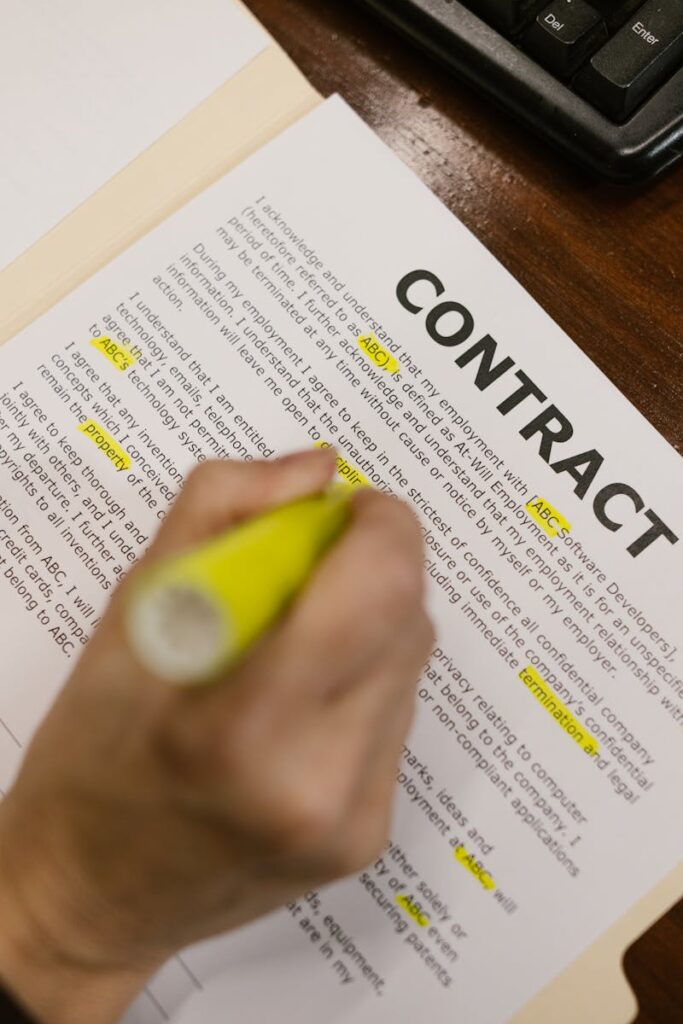
Land Verification & Title: What to Check Before You Buy
Land verification and a thorough title search are essential steps before purchasing property. These checks protect buyers from ownership disputes, illegal constructions, unresolved loans, and other legal complications — ensuring a clean, marketable title.
Key Steps in Land Verification
- Title Search / Chain of Title: Verify previous transfers, mutation records, and ensure seller has clear ownership with continuous title documents.
- Revenue Records: Check RTC/Patta, survey numbers (khasra/khatauni), and land-use classification with local revenue office.
- Encumbrance Certificate (EC): Obtain EC for the last 13–30 years to detect mortgages, attachments, or litigations.
- Physical Verification: Confirm boundaries, possession, existing structures, and no encroachments; compare with survey/site plan.
- NOCs & Approvals: Check municipal, environmental, and utility clearances; confirm building permissions if applicable.
- Tax & Dues: Ensure property tax, utility bills, and other statutory dues are paid up to date.
Common Red Flags
Missing title deeds, inconsistent names in records, ongoing litigation, recent large transactions, or absence of mutation are major warning signs. Consider title insurance or legal due diligence if risks exist.
A proper land verification minimizes legal exposure and secures your investment. When in doubt, consult a property lawyer or conveyancer to validate documents and complete due diligence.
Tags: Land Verification, Title Search, Encumbrance Certificate, RTC, Property Due Diligence, Title Insurance


